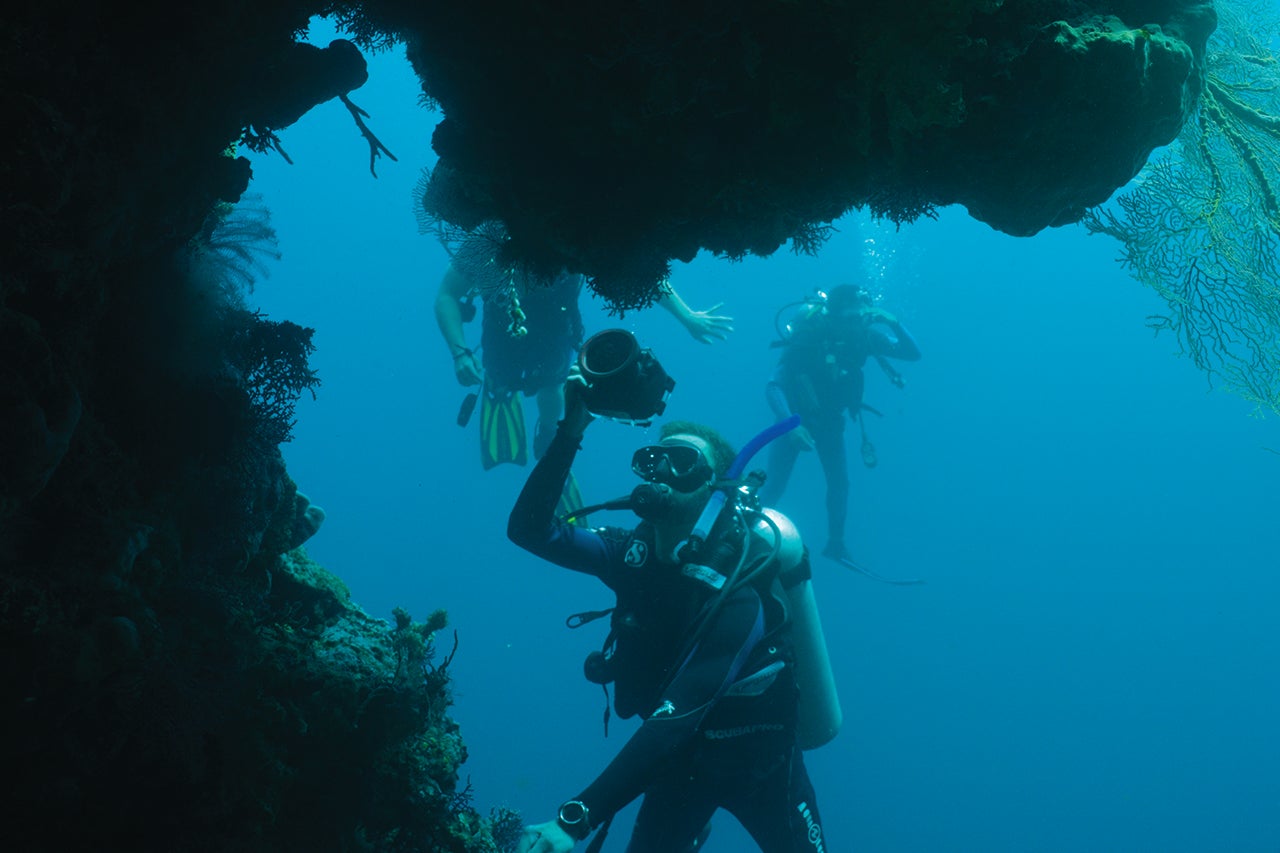When it comes to the best values for a bachelor’s degree in marine biology, the College of Charleston has floated up to the top.
The College’s marine biology bachelor’s degree program was named the No. 19 best value in the country, according to College Values Online. The site ranked the top 20 marine biology programs across the country based on tuition, percentage of students receiving financial aid and “wow” factor among other criteria.
CofC earned high marks for its research-intensive bachelor’s program that prepares students for both careers and graduate studies in marine sciences, according to the rankings site.
RELATED: Students Get Dirty for Marine Biology Research
The College’s marine biology program also gives students the opportunity to have unique hands-on experiences with marine wildlife at the Grice Marine Lab. The James Island facility, just a few miles from the College’s downtown campus, gives students access to ocean-faring research vessels, a wet lab, aquarium and a fish and invertebrate museum.
Students in the program have also been known to take their studies out into Charleston’s marine ecosystems, cataloguing wildlife samples in the Lowcountry’s ubiquitous pluff mud, throwing on waders to study sea life in the area’s rivers or heading out into the open ocean.
Undergrads have also taken their studies to foreign waters. Last summer, adjunct biology professor Russel Day ’03 ferried students to the British Virgin Islands on a 58-foot catamaran sailboat he calls a “floating classroom.”
RELATED: Study Abroad Gives Students a Floating Classroom
Students went scuba diving in the Caribbean to study underwater field survey methods, coral reef ecology and some of the environmental stressors that threaten marine ecosystems.
Students can also participate in the 10-week Fort Johnson Summer Undergraduate Research Program, which combines research of marine organisms and career-development activities. The program is funded by the National Science Foundation and the College’s School of Sciences and Mathematics.




